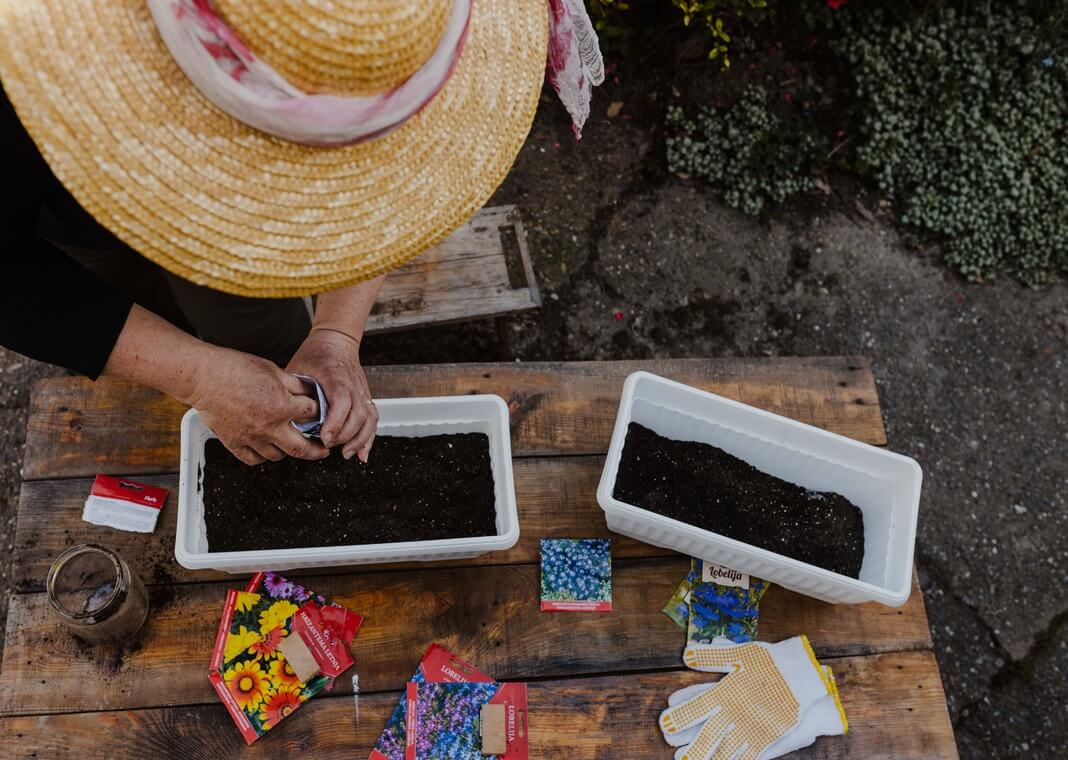
It’s early summer, and so my gardening season here in the Northeast is finally underway. With the exception of some radishes, lettuce, and perennial herbs such as chives, my garden soil has seeds but, so far, no harvest. Where I live, tomatoes won’t come until at least early July and sometimes later. But at least I am free to plant, even if I am not yet able to harvest, and the season of planting is itself a gift.
Many of us may be familiar with what is often referred to as the “Oscar Romero Prayer”—a prayer not written by the Jesuit priest but rather by Bishop Ken Untener. Still, its ideas represent well Romero’s legacy. A version of the prayer in its entirety can be found here, but here is a brief excerpt:
It helps, now and then, to step back and take the long view.
The kingdom is not only beyond our efforts, it is even beyond our vision. . . .
We plant the seeds that one day will grow.
We water seeds already planted, knowing that they hold future promise.
Around 15 years ago, when I undertook the 19th Annotation of the Spiritual Exercises, this image of planting seeds with Jesus formed a core part of the spiritual imagery that arose over the course of my prayer. Often, I would find in praying the Second Week that Jesus was inviting me to pray with the planting of seeds. In one prayer, I was blindfolded as I planted them, and I took this to mean that I would not necessarily see the fruits of my labors. I had a deep sense of peace about that not-seeing, however. It was OK not to know exactly how my work bears fruit.
I am a teacher, and in the years since that retreat experience, the imagery of planting seeds but not always seeing what bears fruit stays with me. Of course, Jesus himself used this language in the Parable of the Sower, because the experience is perhaps universal. Much of what we do, not only in our work, but also as parents, friends, children, parishioners, or community volunteers is like that. Perhaps someone volunteers at a food pantry but never sees the ripple effects of that action. Or a person tirelessly volunteers at an understaffed and underfunded parish program, but it turns out that the help provided to just a few people was instrumental for those recipients of care. Sometimes the sowing itself changes us, because we connect to people and see a new perspective on what it means to be human.
As I sow seeds in my garden, I leave it mostly to God to provide the sun, rain, and nourishment from the ground, with just a little assistance from me. When I bring this same vision of the planting of seeds to my work as an educator, I feel freer to think less about myself and my own successes and more about what God can do with the seeds that we each plant, every day, in our communities. And that is freeing, indeed.
Photo by Drazen Nesic on Pixnio.

Your article resonated with me. I always plant flower seeds every spring. They come up but then as time goes on some of them and I have to start over again. It reminded me of how we bring the word of God to others. All we can to plant and let God take care of the rest.
That idea of needing to replant when seeds do not take resonates with me. Thanks for sharing.
Healthy and constructive thoughts. Thanks Marina for the reflection.
Thanks!
Marina,
Your thoughts and insights so beautiful written capture the essence of the journey of a Faith- filled persons like me. The Oscar Romero Prayer – so clear and helpful in understanding the particulars of our role, bring joy to our faith-filled moments of action inspired by the Spirit, and gives comfort to those of us whose human longings seek “know” the specific outomes of what we have initiated. You have given voice to knowing the Joy in not knowing the “unknowable” of what we do in Faith. Thank you.
I like that idea of focusing on the joy in the present action. Amen!